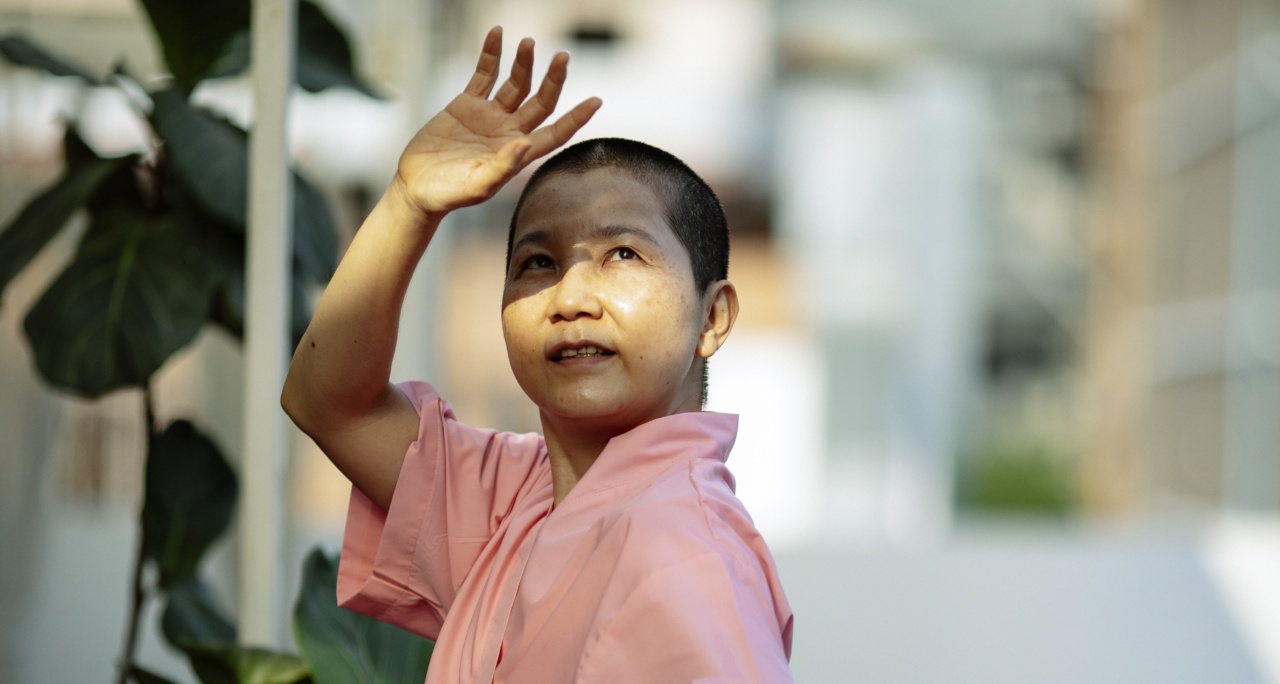Green tea, a beverage that originated in China, has been shown to have numerous health benefits including being a powerful preventative tool against cancer.
It is rich in antioxidants and many other compounds that help protect against the development and spread of cancer cells. In this article, we will explore these benefits in detail.
The science behind green tea and cancer prevention
Green tea contains polyphenols, specifically catechins, which are antioxidants that protect against cellular damage. Studies have shown that catechins inhibit the growth of cancer cells and induce apoptosis, or programmed cell death, of these cells.
They also prevent the formation of blood vessels that supply nutrients to the tumors, thus inhibiting their growth.
EGCG (epigallocatechin gallate), a type of catechin found in green tea, is considered to be the most powerful compound for cancer prevention.
It has been shown to block the production of an enzyme called urokinase, which cancer cells use to invade healthy tissue and spread throughout the body. EGCG also boosts the immune system, making it more effective at fighting cancer cells.
Green tea and breast cancer
Breast cancer is the most commonly diagnosed cancer in women worldwide, and studies have shown a link between green tea consumption and a reduced risk of developing this cancer.
A meta-analysis of 22 studies found that women who consumed the most green tea had a 20-30% reduced risk of developing breast cancer compared to those who consumed the least. Another study found that the anti-cancer properties of EGCG were particularly effective against breast cancer cells, including the triple-negative type, which is notoriously difficult to treat.
Green tea and prostate cancer
Prostate cancer is the second most common cancer among men worldwide, and several studies have shown that green tea consumption may reduce the risk of developing this cancer.
A large study of over 50,000 men found that those who consumed the most green tea had a 48% reduced risk of developing advanced prostate cancer. Another study found that EGCG inhibited the growth of prostate cancer cells and induced apoptosis in these cells.
Green tea and lung cancer
Lung cancer is one of the deadliest cancers, and it is often diagnosed at a late stage when the chances of survival are low.
Several studies have shown that green tea consumption may reduce the risk of developing lung cancer, particularly in non-smokers. A meta-analysis of 18 studies found that those who consumed the most green tea had a 27% reduced risk of developing lung cancer compared to those who consumed the least.
Another study found that EGCG inhibited the growth of lung cancer cells and induced apoptosis in these cells.
Green tea and colon cancer
Colon cancer is the third most common cancer worldwide, and several studies have found that green tea consumption may reduce the risk of developing this cancer.
A meta-analysis of 20 studies found that those who consumed the most green tea had a 42% reduced risk of developing colon cancer compared to those who consumed the least. Another study found that EGCG inhibited the growth of colon cancer cells and induced apoptosis in these cells.
Green tea and skin cancer
Skin cancer is the most common type of cancer in the United States, and there is evidence to suggest that green tea consumption may help prevent the development of this cancer.
A study of over 1,400 people found that those who consumed the most green tea had a 30% reduced risk of developing squamous cell carcinoma, a type of skin cancer. Another study found that EGCG protected skin cells from UV damage, which is a common cause of skin cancer.
Green tea and other types of cancer
While the majority of studies have focused on the link between green tea consumption and breast, prostate, lung, and colon cancer, there is evidence to suggest that green tea may also help prevent other types of cancer.
A study of over 69,000 women found that those who consumed the most green tea had a reduced risk of developing several types of cancer, including stomach, pancreatic, and ovarian cancer. Another study found that EGCG inhibited the growth of bladder cancer cells and induced apoptosis in these cells.
How much green tea should you drink?
The amount of green tea needed to see health benefits varies depending on the study and the health condition in question. However, most studies have used doses of at least 3 cups of green tea per day to see a reduction in cancer risk.
It is important to note that green tea contains caffeine, which can have negative effects on some people such as anxiety or insomnia. Therefore, it is recommended to limit consumption to no more than 5 cups per day and to avoid drinking it before bedtime.
Conclusion
Green tea has numerous health benefits, including being a powerful preventative tool against cancer. The antioxidants and other compounds found in green tea, especially EGCG, have been shown to inhibit the growth of cancer cells and induce their death.
While more research is needed to determine optimal doses and precise mechanisms of action, consuming green tea regularly is a simple and effective way to help reduce the risk of cancer.





























